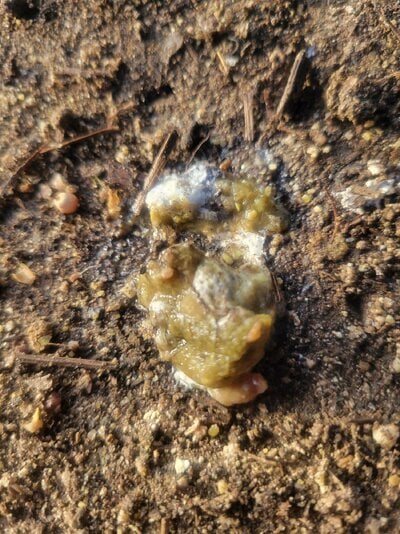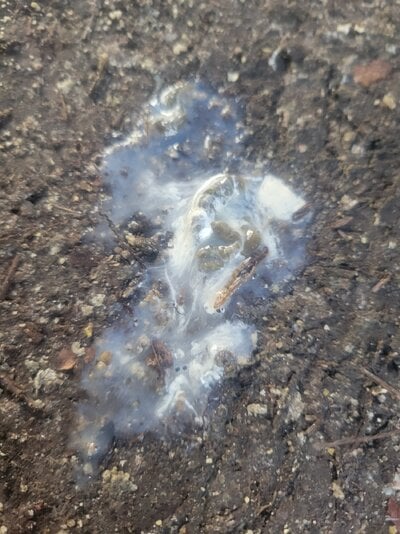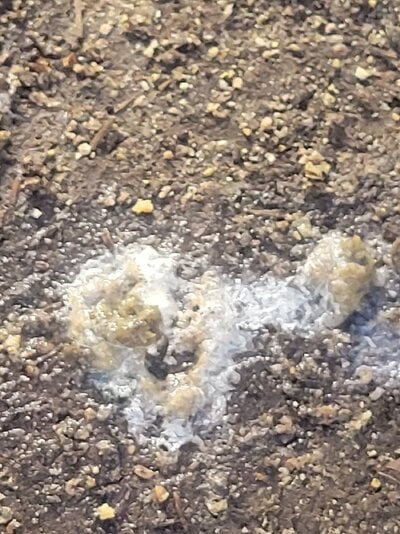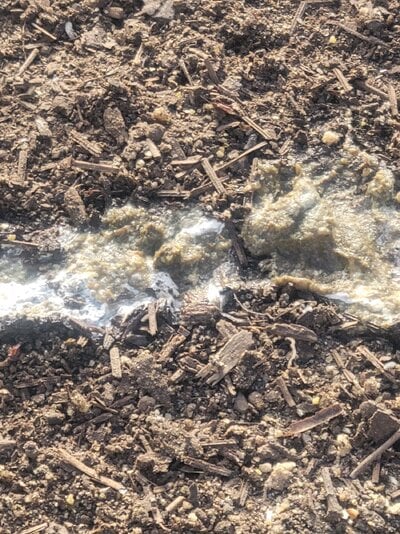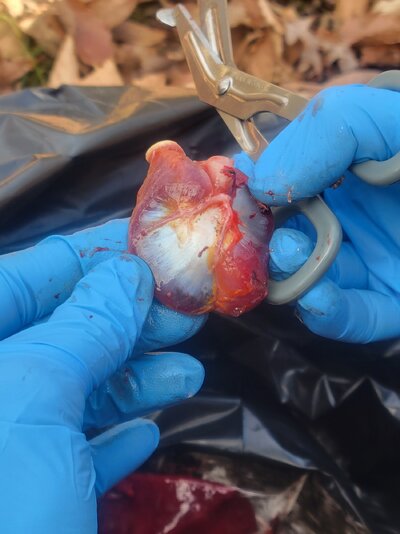I know there are pictures, but this is from a hen after corid treatments. They are now receiving vitamins and probiotics. Towards the end of the treatment she had watery stool and now it is more wet than formed. Is this normal?
I have a picture of the watery one and then this mornings wet/semi-formed one. She seems thirsty this morning too. She is eating and acting normal though. She loves her mealworm treat.
I have a picture of the watery one and then this mornings wet/semi-formed one. She seems thirsty this morning too. She is eating and acting normal though. She loves her mealworm treat.

